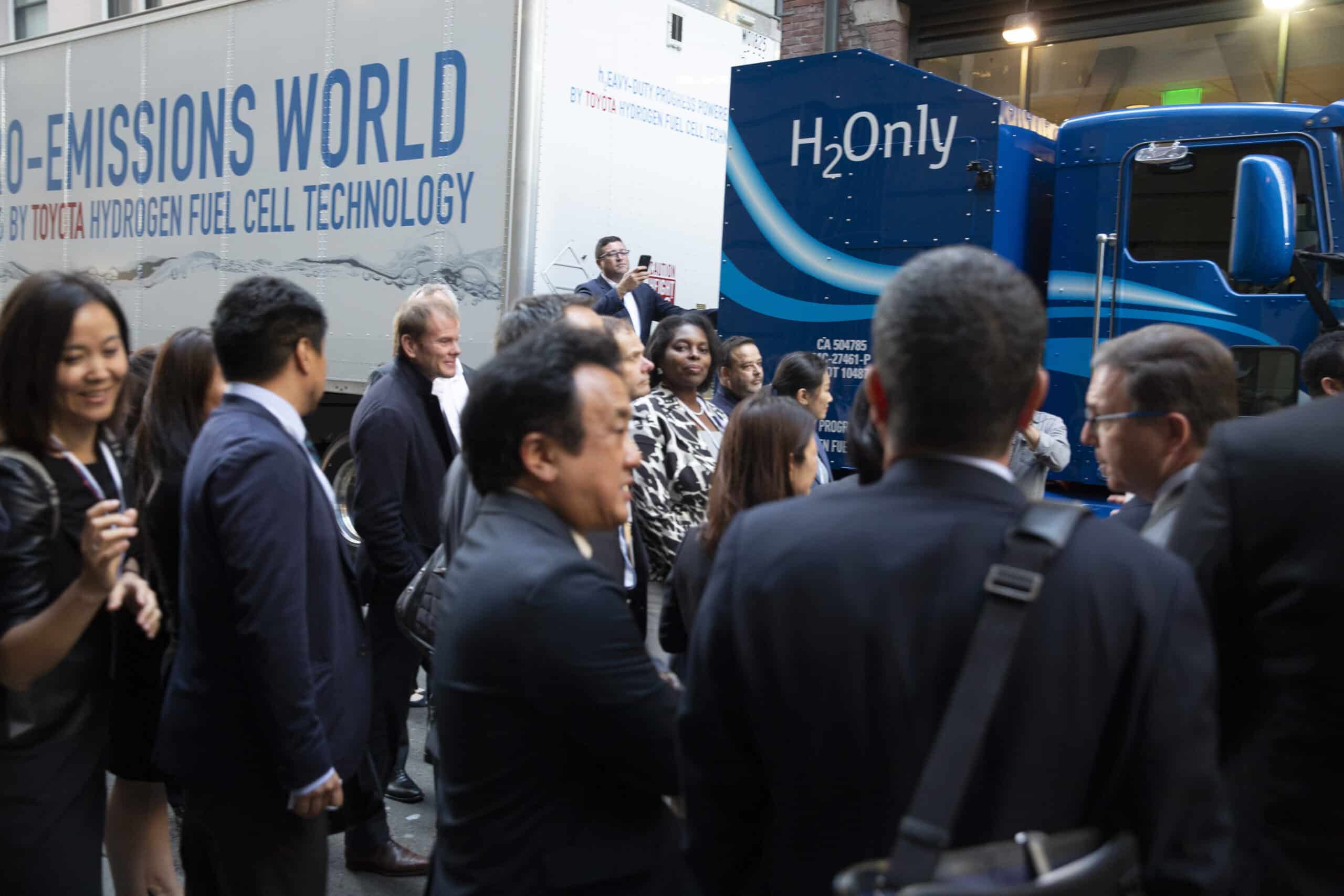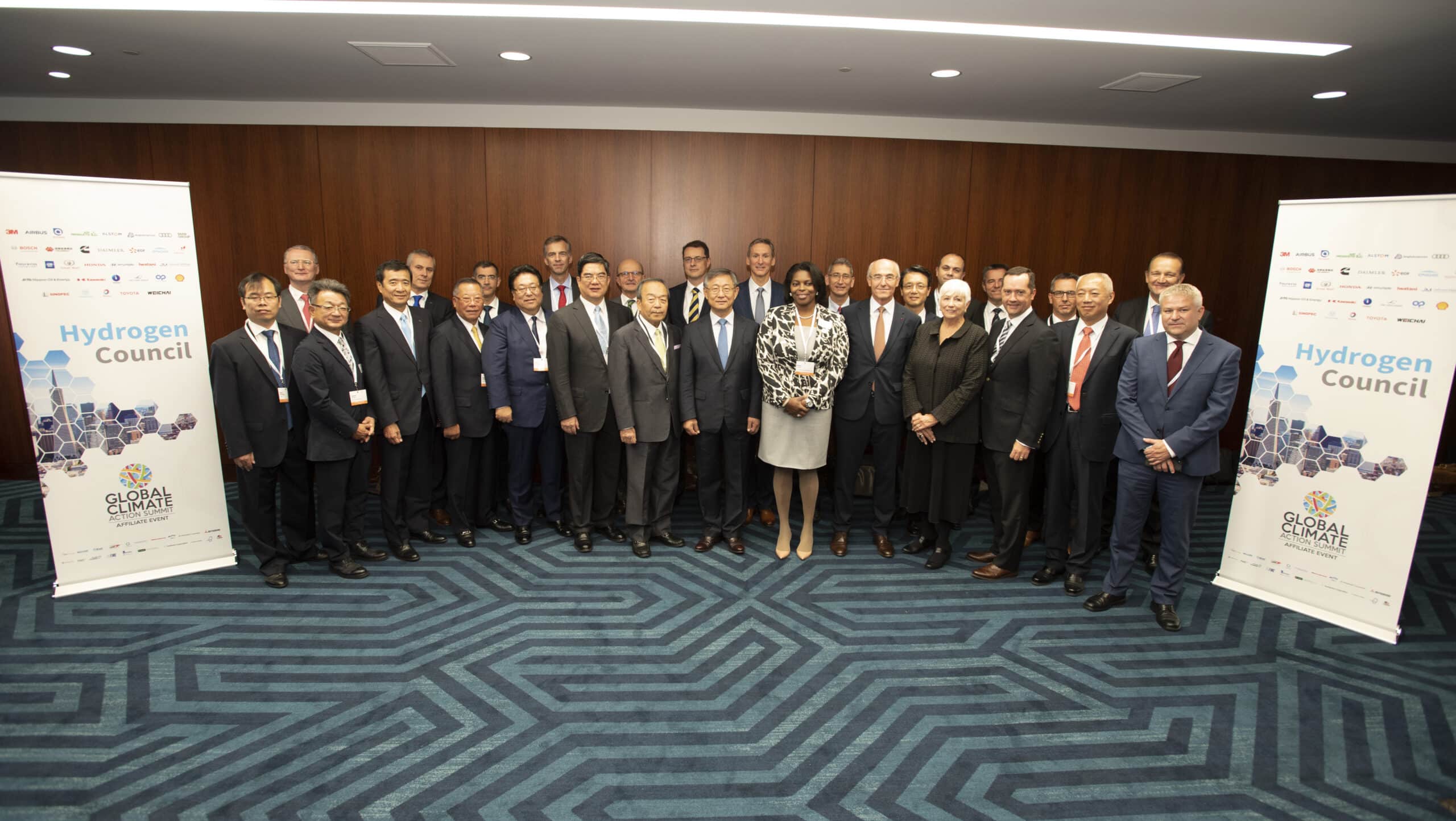Energy Independence Now and the Hydrogen Council co-hosted an evening on September 13th, celebrating hydrogen in the clean energy economy. CEOs, executives, stakeholders, and influencers attended, featuring keynote speeches and displays of the latest hydrogen solutions.
Continue readingHydrogen Meets Digital
Digital technologies are transforming all sectors. They are changing how we work, live, and enjoy ourselves and how goods and services are created, transmitted, and consumed. Some of these technologies, such as autonomous driving, virtual reality, and artificial intelligence, will have both disruptive as well as cross-cutting effects on many parts of our economy.
Continue readingGlobal Hydrogen Leaders Forum
Global hydrogen ecosystem unites in San Francisco and invites technology leaders to join forces for energy transition
Continue reading


